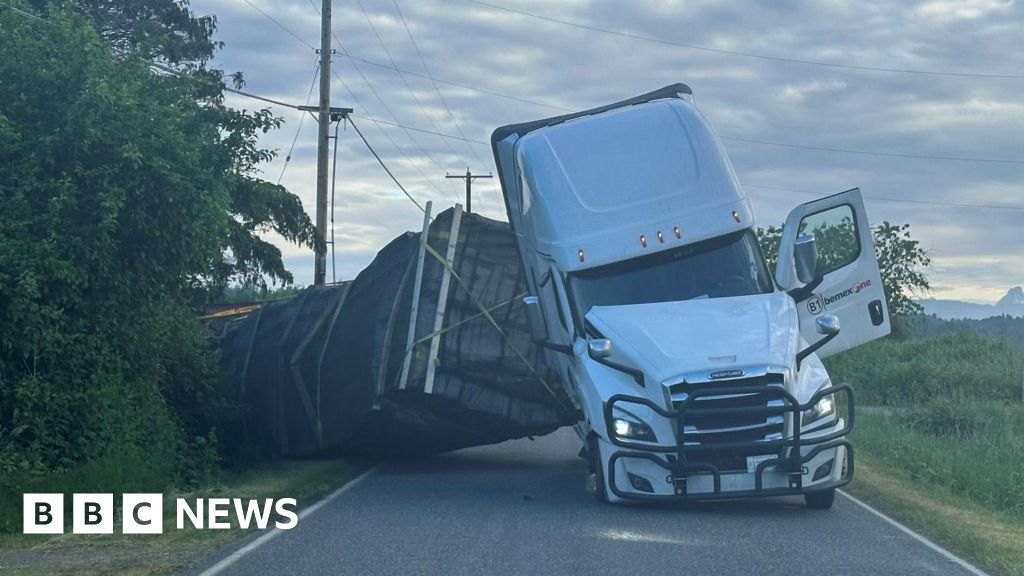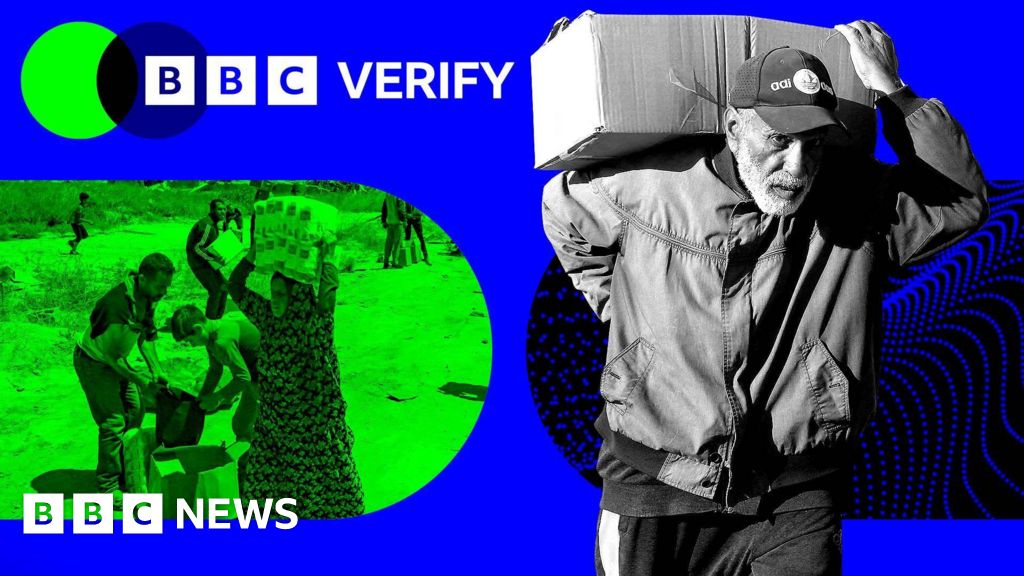ARTICLE AD BOX
Image source, AFP
Image caption,Domestic passengers who travel by air have been urged to find alternative means of transport from Monday
Nigeria's airlines are to stop domestic operations from Monday in protest at the spiralling cost of jet fuel.
It has risen almost fourfold this year, which was unsustainable, the Airline Operators of Nigeria (AON) said.
"No airline in the world can absorb this kind of sudden shock from such an astronomical rise over a short period," its statement said.
The hikes have been triggered principally by Russia's invasion of Ukraine at the end of February.
AON, which represents Nigeria's nine domestic carriers, said the airlines had been having to subsidise services over the last four months.
There have been many flight cancellations and delays since March, often blamed on a shortage of jet fuel. The price of tickets has also tripled on some routes in recent weeks.
Passengers in Nigeria pay for fares in naira, the local currency that has been devaluing. However, fuel suppliers need to be paid in US dollars.
Despite being Africa's largest oil producer, Nigeria imports almost all its jet fuel.
AON said that it had told the government, MPs, the state-owned oil company and the association representing fuel sellers that something needed to be done to bring costs down.
The hikes could not be fully passed on to passengers as they were "already experiencing a lot of difficulties", it said.
The government has not yet commented on the planned strike.
Kidnapping fears
AON said operations would cease indefinitely from Monday, apologised to customers and urged them to make alternative arrangements.
The manager of one of the airlines told the BBC the suspension would not affect international flights - though those with internal connections will be hit.
It will be a massive disruption for travellers in Nigeria and another blow for one of Africa's largest economies, reports the BBC's Ishaq Khalid from the capital, Abuja.
Flights are often the preferred option for travel these days for those who can afford it because of insecurity on roads across the country, he says.
Kidnapping gangs operate on highways, targeting vehicles and then abducting passengers who they hold for ransom.
There has been general outrage on social media after the announcement - with people bemoaning the state of the economy, and advising those that opt to travel by road to factor in ransom money.
Last month, a train was targeted on the high-speed link between Abuja and the city of Kaduna and at least 62 people are known to have been taken hostage.
According to security risk management firm Beacon Consulting, in the first three months of this year more than 3,500 people were killed and many more kidnapped by armed groups in Nigeria.
You may also be interested in:

 3 years ago
91
3 years ago
91








 English (US) ·
English (US) ·